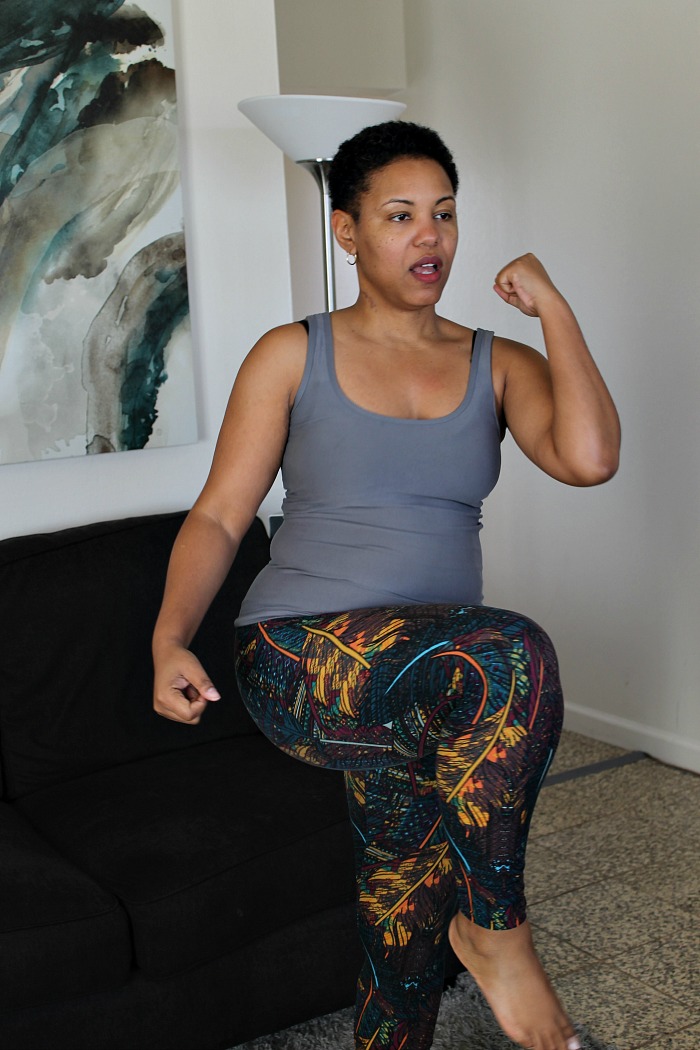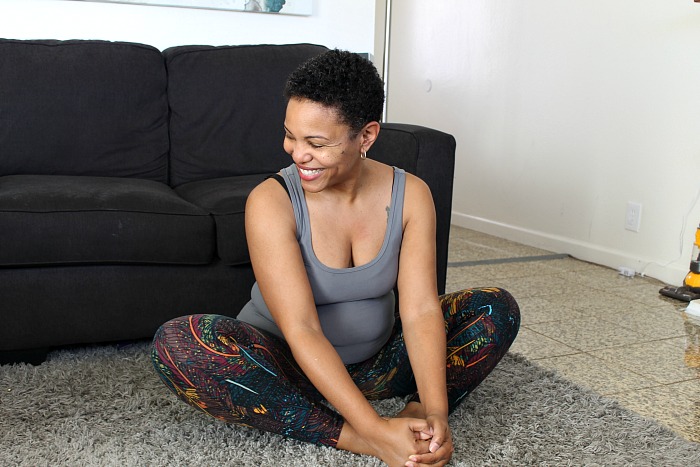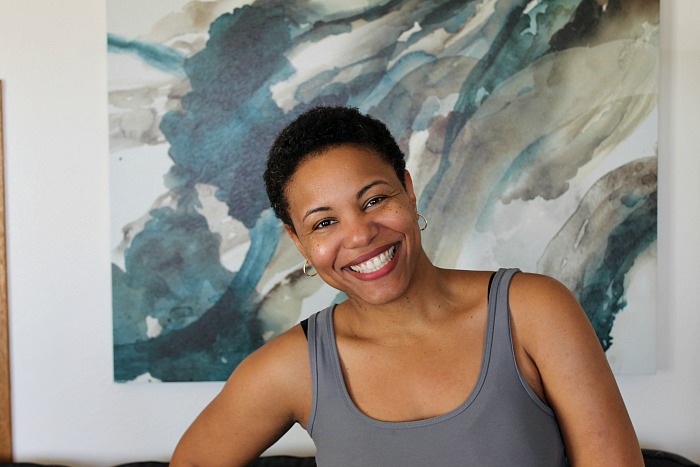I was compensated by Med-IQ through an educational grant from Novo Nordisk to write about the realities of obesity as a chronic disease. All opinions are my own.
Do you know why it’s hard to lose weight?
Because obesity is a chronic disease.
I was always super skinny when I was growing up. In fact, I was so thin that people would remark on my weight all of the time. I was accused of being anorexic. People would tease me all the time and tell me that I needed to eat. Oh, and the tips. Lots and lots of tips about what I needed to do to gain weight. This is what life was like for me well into my thirties.
After I had my first child is when I started to pick up some weight. During that time, I was still living in Philadelphia and walking a lot. The baby weight came off pretty quickly and left me with just enough to finally feel soft and feminine. When I moved to California and had a more sedentary lifestyle, then had another baby, that’s when the weight-loss stopped.
I’ve been struggling with having obesity for the last year.
There’s a lot about obesity that I didn’t know before my doctor suggested that I needed to lose about 25 pounds. I have friends who have dealt with the disease and I thought I was supportive of them. Even before it became a part of my story, I knew that there were lots of different reasons that people gained weight. Because of the way people made me feel for being skinny, I knew it was important not to judge or make assumptions about my friends’ situations. Thankfully, those are the same friends who are supporting me now as I work towards getting back to a healthy weight. I know that I can’t do this alone.

I’m trying, but losing weight isn’t easy.
Besides having kids and a sedentary lifestyle thanks to a job that has me behind the computer all day, there are other factors that led to my weight gain. I was taking anxiety medication and it increased my appetite, and some relationship issues had me eating to relieve stress. It took awhile for me to start to notice the extra pounds, but when I did, I was shocked. Who was this woman staring at me in the mirror? I didn’t recognize myself, and I didn’t feel good.
I thought it’d be much easier to lose weight than it was to gain. It isn’t. Most folks think that all you have to do is work out and eat differently. Getting to that point, though, that’s been the challenge for me. I decided I had to start where I started with everything else I’ve been successful with—a mindset shift. Every big change starts in the brain first.
The first thing I had to learn is that obesity has nothing to do with being weak or lack of willpower. It’s a chronic disease that develops due to existing genetic risk factors in a person’s DNA. They inform the way that we respond to life. For me, stress, medication, having babies, and a sedentary job helped lead to weight gain.
Don’t believe me? Do you have a friend who seems like they can eat anything they want and never gain a pound? What about your girlfriend who had a baby two months ago and looks like they’ve never been pregnant? Have a friend who works out all the time but still seems to have extra weight? See what I mean? Weight isn’t a black and white issue.

How do we honor ourselves as we work to be healthier?
We have to stop using weight as a way to identify people. In the same way that a person who has cancer is not cancerous, we are not obese, we have obesity. It seems like a slight change, but it makes a big difference in the way that we’re treated, even by our healthcare providers. People who have a weight problem have long been characterized as lazy and weak, and when you feel like that’s how you’re viewed by society, where is the inspiration to do anything differently? What is there to move us to figure out the root of the challenge and find a solution that works for us?
This is why I’m grateful to have discovered Med-IQ. They are an organization that provides free continuing education to healthcare providers. You know what’s important about that? They bridge the gap between patients and medical professionals, and help to build a bridge of understanding. From encouraging people first language (i.e. a patient has obesity, they are not obese) to sharing resources that are easier to understand from a patient perspective, they’re building a bridge that leads to healthier humans. I’m grateful for it.
All those years ago when I was getting teased for being skinny, I never expected that losing weight would be a challenge that I’d face. I’m here, though, and I’m up for the challenge. I know that my weight gain isn’t a reflection on who I am as a person, and understanding the real root of it helps me to do better.
Yes, losing weight is hard. But I’m ready.

What are your thoughts about obesity and weight loss?
Med-IQ wants to hear from you. Please take this survey sharing your thoughts about obesity, and you can entered into a drawing to win 1 of 10 $50 VISA gift cards, with a total prize value of $1,000. No personal information will be kept, sold or stored in the survey completion process.
Once you’ve completed the survey, you will be asked to provide your email address if you’d like to be entered into a drawing administered by SOMA Strategies to win 1 of 10 $50 VISA gift cards. If you choose to enter, your email address will not be sold, kept, or stored; email addresses are used only to randomly draw the winners and notify them of their prize.
